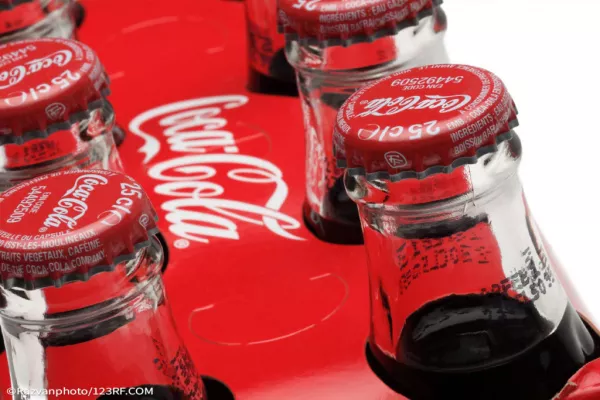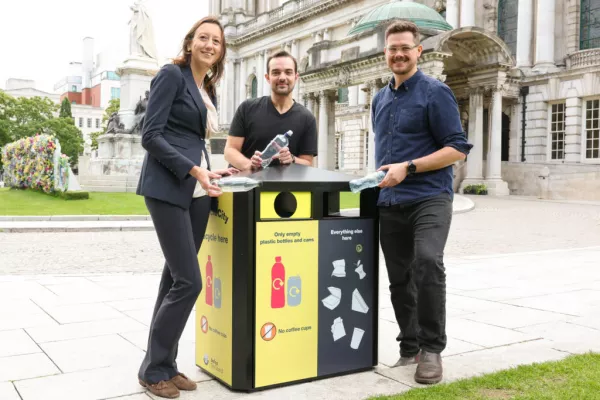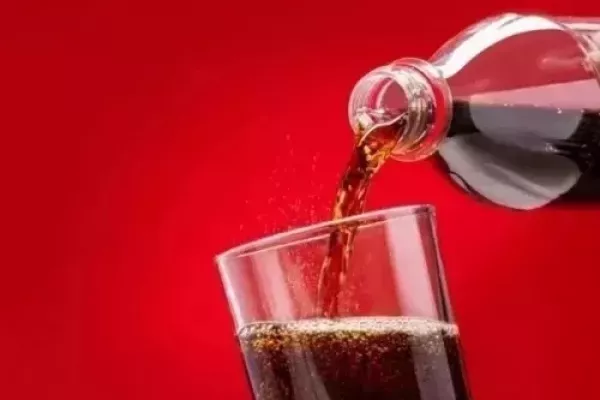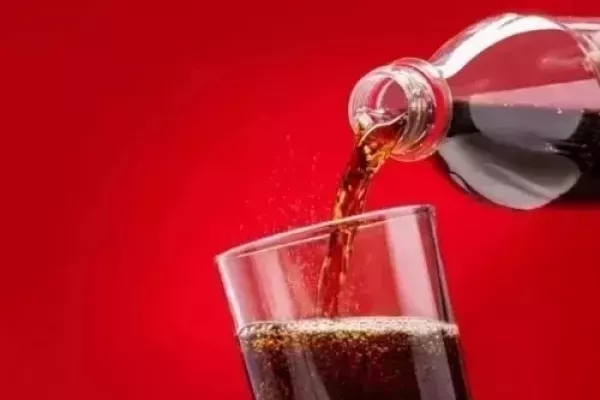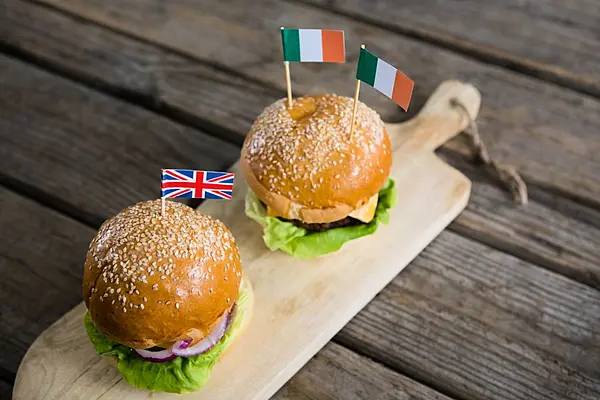Price increases, cost cuts and healthier snacks are helping PepsiCo Inc. maintain growth at a time when many consumers are shifting away from its traditional sodas and chips.
The food-and-beverage giant, which sells Ruffles chips and Mountain Dew, posted earnings of 94 cents a share in the first quarter, excluding some items. That topped the 92 cents estimated by analysts.
The results reflect a push to boost prices on many of its households goods, as well as a corporate belt-tightening effort led by Chief Executive Officer Indra Nooyi. She’s also shifted the company toward better-for-you products, an attempt to cater to customers who are shunning junk food and soft drinks. Per-capita carbonated soda consumption fell to a 31-year low in the U.S. last year, according to Beverage-Digest, a trade publication.
The price increases helped offset “challenging food-and-beverage industry trading conditions in North America and continued volatility in a number of developing and emerging markets,” Nooyi said in a statement.
While earnings beat estimates, other benchmarks were less positive, according to Andrea Teixeira, an analyst at JPMorgan Chase & Co. That may mute the reaction from investors, she said.
“The quality of the quarter was disappointing ,” Teixeira said in a research note. “Organic revenue, gross margin and operating margin all came in weaker than we anticipated.”
The shares fell less than 1 percent to $113.55 in early trading after the results were released. PepsiCo’s stock had been up 9.1 percent this year through Tuesday’s close.
Sales gained 1.6 percent to $12.05 billion last quarter, beating the average estimate of $11.97 billion. The company also maintained its 2017 earnings target of $5.09 a share, excluding some items.
Its organic sales, a measure that strips out organizational changes and currency effects, are expected to grow at least 3 percent this year.
PepsiCo’s so-called everyday-nutrition products, which include nutrients like grains, fruits, vegetables or protein, helped fuel results. That category also encompasses water and unsweetened tea.
As part of its health kick, the food giant is emphasizing a broader “guilt free” lineup that includes diet beverages and other drinks with fewer than 70 calories -- plus food with lower levels of sodium and saturated fat.
New products helped PepsiCo charge higher prices, boosting results in the quarter, Chief Financial Officer Hugh Johnston said in an interview.
“The thing that enabled us to get a little bit of price realization was all of the innovation that we launched in the quarter,” he said. “Research and development and supporting that with advertising, it’s what’s enabled us to grow the top line and frankly hit or beat expectations.”
There’s increased urgency to pursue healthier products, especially in the beverage market. PepsiCo, Coca-Cola Co. and Dr Pepper Snapple Group have all vowed to reduce the number of calories consumers imbibe, responding to widespread concerns about sugary sodas.
Calorie Goals
The American Beverage Association, which represents the three companies, announced a pledge in 2014 to lessen per-capita consumption from drinks by 20 percent by 2025. But progress has been slow: Caloric intake from beverages dropped 0.2 percent in 2015, the last year with data available.
PepsiCo has faced particular trouble trying to reinvigorate its flagship diet soft-drink brand. It removed aspartame from Diet Pepsi in August 2015 after consumers complained about the ingredient. But sales subsequently dropped, and the company rereleased an aspartame-sweetened version less than a year later. The brand currently has three diet offerings: Diet Pepsi, Diet Pepsi Classic Sweetener Blend and Pepsi Zero Sugar.
PepsiCo and its peers are also confronting challenges at the local level. Philadelphia; the San Francisco Bay area; Boulder, Colorado; and the county encompassing Chicago have each passed soft-drink taxes.
In another headache, a recent Pepsi ad featuring reality-show star Kendall Jenner was panned on social media and the company scrapped it a day later. The spot, which featured Jenner offering a Pepsi to a police officer in the middle of a street protest, was described as tone-deaf.
News by Bloomberg, edited by Hospitality Ireland

